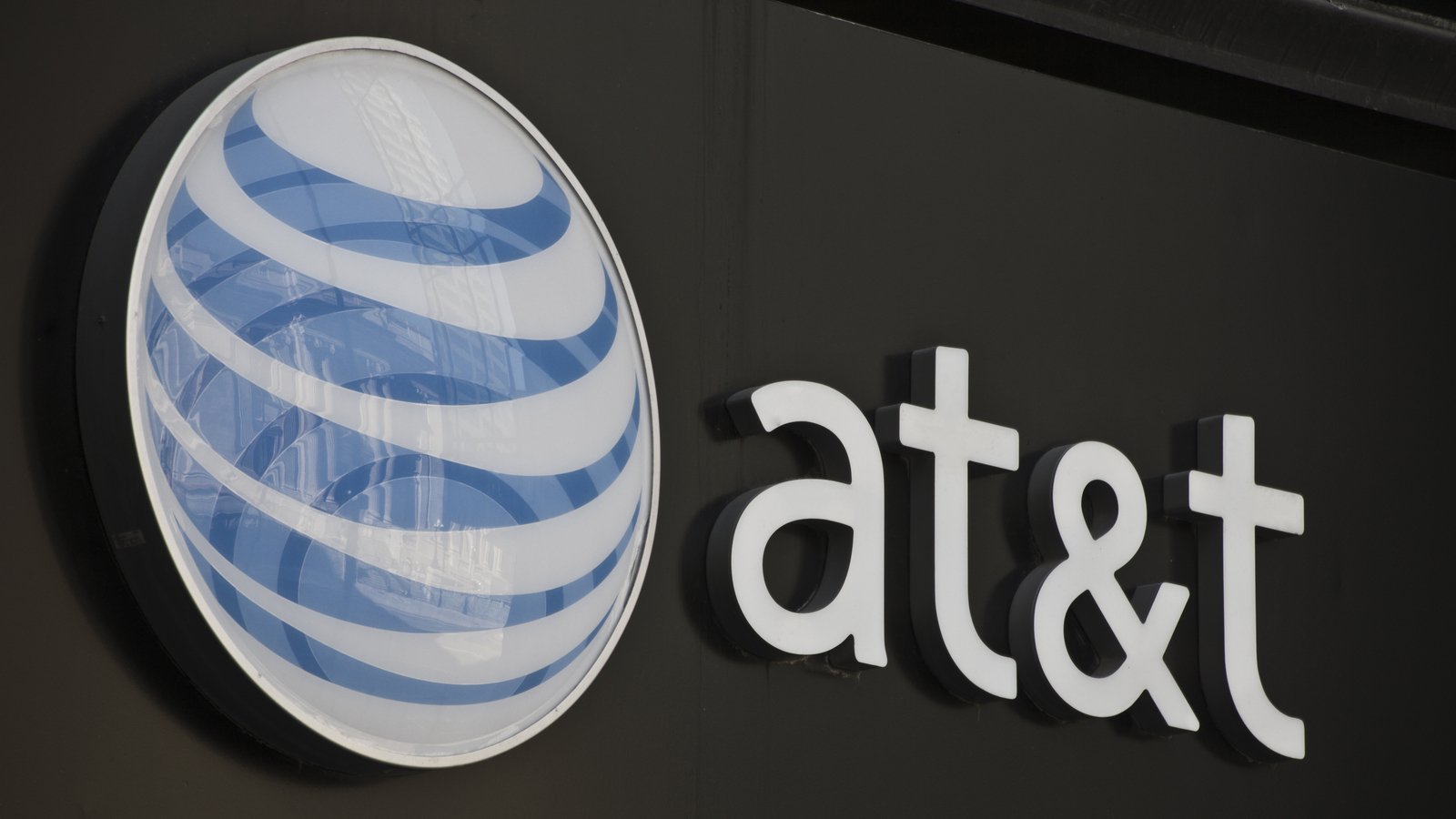When it comes to a socially-distanced 2020, investors haven’t embraced AT&T (NYSE:T). But is now a good time to reconnect with a doggish AT&T stock? Let’s look at some of what is happening off and on the price chart to reach a more balanced, risk-adjusted determination.

Out the gate this week for many investors it’s all about growing optimism of a new stimulus package passing despite stalled negotiations on Capitol Hill. The Dow Jones Industrial Average is closing in on relative highs after September’s broad-based market sell-off.
At the same time, many constituent stocks within the bellwether are performing more strongly.
Apple (NASDAQ:AAPL) gained 3.50% on Monday. It’s a familiar position of course as shares have been a standout amid Covid-19. Goldman Sachs (NYSE:GS) was up 2.50%. And climbing 2% into the third spot, Dogs of the Dow play Walgreens Boots Alliance (NASDAQ:WBA) provided its shareholders a bit of relief.
The same can’t be said for former Dow Jones constituent AT&T.
Shares of AT&T remain a dog with the stock off roughly 0.75% Monday, and then dropped another 1.35% on Tuesday. The price action is gnawing ever so slightly at T’s dismal dividend-adjusted gains of about 10% since exiting the bellwether index back in 2015 after it was replaced by top banana Apple.
The week’s drag is also solidifying AT&T’s relative and absolute weakness of 23% in 2020. So, what gives?
A lot of companies of course have suffered during the coronavirus. Most aren’t Apple or for that matter, Amazon (NASDAQ:AMZN), Costco (NASDAQ:COST) or Zoom Video (NASDAQ:ZM) and well-positioned for the prolonged lockdown. In that respect AT&T isn’t alone.
But T stock has more in common with sunken Carnival (NYSE:CCL) stock this year than peers Verizon (NYSE:VZ) and T-Mobile (NASDAQ:TMUS). So, what really gives?
Some believe AT&T’s acquisitions of DirecTV and WarnerMedia are the primary drags on the company’s stock. The former is looking like a costly fumble. The 2015 deal’s price tag of $64 billion came with heavy debt and in front of consumer’s shift away from traditional cable services and into streaming platforms like Roku (NASDAQ:ROKU). Doink!
More recently, 2018’s purchase of WarnerMedia for $85 billion saddled T with additional debt. Not great, but that may not be the worst of it either. Rather, some of the deal’s traditional cable assets, like CNN, are being questioned. And with 954,000 pay-TV subscribers pulling the cord on AT&T last quarter, there are legitimate reasons for concern.
AT&T Stock Monthly Price Chart
As InvestorPlace’s Dana Blankenhorn makes the case, all is not lost for AT&T. Under new management, the company has the opportunity to reduce debt by selling select entertainment assets that obviously aren’t working. There’s no emotional attachment and AT&T can smartly refocus on its proven wireless and network businesses which now have a long growth runway with the 5G revolution just underway. Sounds good, right?
What management needs to do of course, is always easier said than done. And success can still always prove elusive. Technically speaking, AT&T stock also has its work cut out for it.
Shares are holding up within a long bullish channel dating back to the 2008-2009 financial crisis. That’s the good news. But a failure this summer to clear a more tightly fitting trendline broken for a second time this year, looks ominous in conjunction with AT&T’s bearishly compromised stochastics.
Ultimately, a meaningful technical low in AT&T stock could play out in a lot of different ways, both within and beneath its current uptrend. Simply looking at Fibonacci supports which span from approximately $17 to $27 is proof of that. Moreover, there’s no guarantees a bottom occurs inside this area either.
It’s not our intention to spook investors from buying AT&T. And there is income of more than 7.30% that’s well-supported by earnings to help a purchase decision. Still, today’s T isn’t exactly a widows and orphans’ investment. It’s not. And with earnings on tap later this month, if you are going to buy shares, a stock collar is one way to help capture the dividend while reducing the potential for seasonal trickery.
On the date of publication, Chris Tyler does not hold, directly or indirectly, positions in any securities mentioned in this article.
Chris Tyler is a former floor-based, derivatives market maker on the American and Pacific exchanges. The information offered is based on his professional experience but strictly intended for educational purposes only. Any use of this information is 100% the responsibility of the individual. For additional market insights and related musings, follow Chris on Twitter @Options_CAT and StockTwits.
